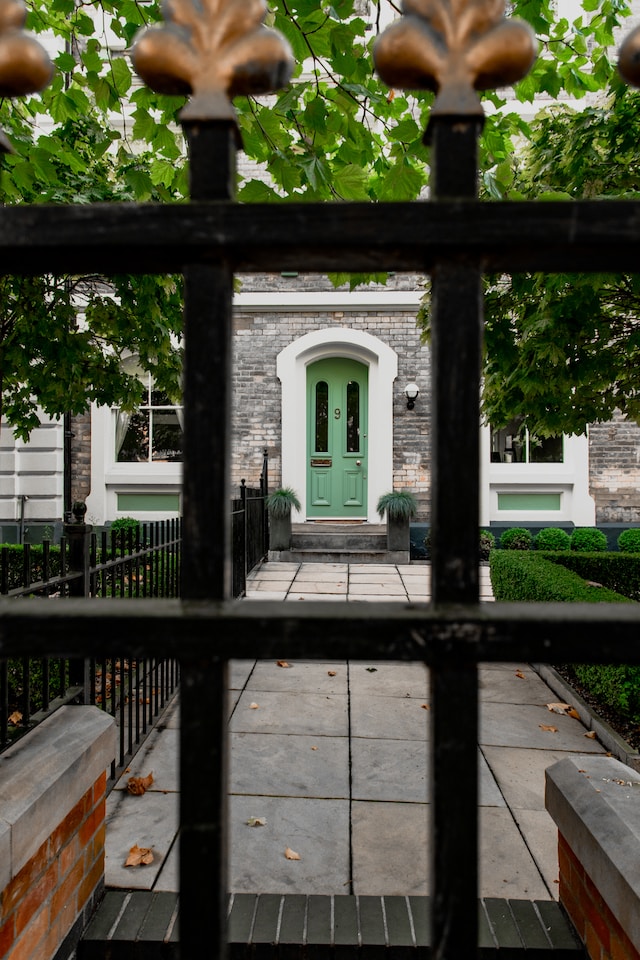What do I need to do to buy a house at auction?
You may be able to pick up a bargain at an auction when buying a house if you are prepared to move quickly and do thorough preparation before any bids are made. It’s also important not to get carried away and go over your budget because once the gavel goes down, it is difficult to change your mind without losing money. Here are the steps you should take when buying at auction.
Before the auction
The first step is to contact auction houses in a particular area where you are interested in
buying a property and ask to be put on their mailing list so that you are able to receive the latest auction updates.
Once a property has been identified, arrange a viewing as soon as possible and take a builder or handyman with you to get a second opinion and some idea of how much property repairs might cost you.
- Decide how much you can afford: Get all your finances in order before you attend the auction.
- Establish the method of paying the deposit: Check the payment method that the auction house accepts, it may be that cash or card is not an option.
- Study the legal pack: The legal pack contains information such as local searches, conditions of sale, fixtures and fittings and is different for each property. It therefore makes sense to get a solicitor to study the legal pack for you so that there are no hidden surprises, such as hidden covenants, which could cost you money in the long run.
- Ask the auctioneers about changes or amendments: These could be made to the sale conditions before the auction takes place.
If you are really keen on a particular property, it may be worth asking the auctioneers if it’s possible to agree a sale before the auction date.

Points to remember during the auction
Be punctual and never arrive late to the auction house. If you think you can’t remain calm or are likely to go over your budget, use an agent or solicitor to do the bidding for you, and agree the maximum amount of money that you can afford to pay.
Make sure that you understand what is meant by the term “reserve price.” This is the minimum amount that the seller will accept, which is not disclosed and if it is not met, the seller is not required to sell the property, even to the highest bidder.
The “guide price” is the amount that the house is expected to sell for, however, on average properties in auction sell for 15-25% more than the guide price.
If a property remains unsold at the end of the auction, but you are still keen to buy it, it is well worth asking the auctioneer, who may have the authority to sell it privately, if a price could be agreed.
Success at the auction
If you are successful with your bid, you are then required to sign the contract and pay a 10% deposit with two forms of ID. You are also liable to pay the remaining sum over a period of between 14 days and 6 weeks.
It is important to realise that you also become immediately liable for insuring the property you have just bought at auction, so make sure that it is fully insured as quickly as possible.
How Can GloverPriest Help?
At GloverPriest, we provide friendly and transparent legal advice. If you would like further advice on your property, please don’t hesitate to speak to one of our expert lawyers today. Complete
our enquiry form.